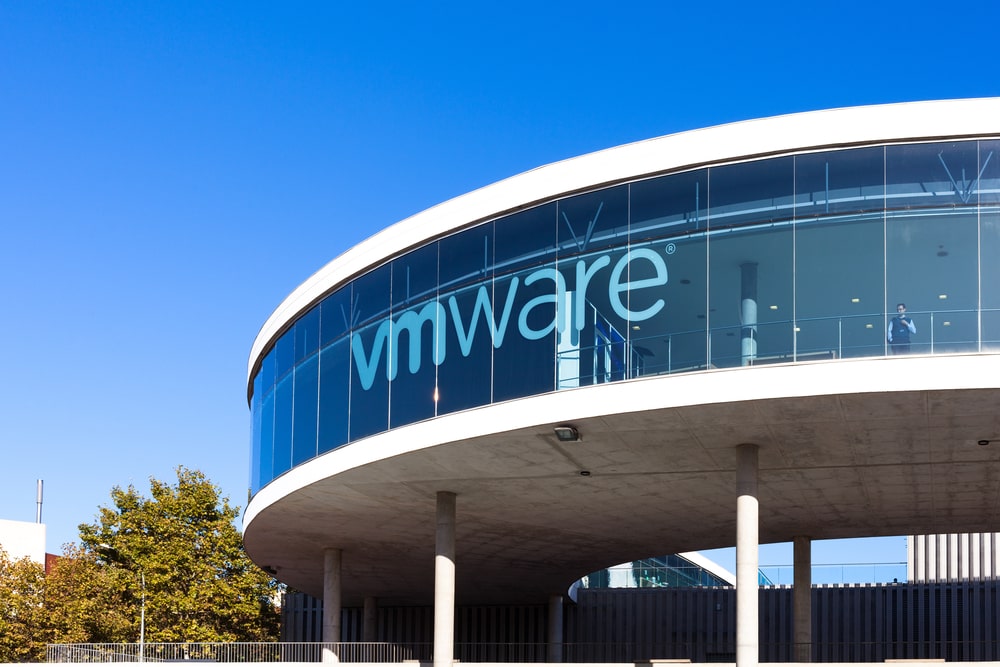VMware License Audit Attorneys

External software audits from software publishers or third-party auditing entities are the “way of the world” with business software.
It’s not just the biggest companies like IBM, Microsoft and Oracle, either.
Audits also have become a common way for VMware to ensure compliance with its licensing regulations.
This increases the challenges for IT departments globally and organizations need to be prepared for what might be around the corner.
If it hasn’t happened already, you may receive a letter from VMware notifying you that it intends to take a closer look at your usage of its products and your compliance with its rules.
Being prepared and following a few basic steps can help you to address any potential license-breach or copyright-infringement claims and to remove the stress from the experience.
The lawyers at Scott & Scott LLP have represented and successfully defended many small to medium-sized companies in the U.S. and Canada in VMware software-audit matters.
Read More → VMWare Audits: What you need to know about licensing rules
Read More → How to respond to a VMware Audit
Why are VMware license audits necessary?
By conducting audits, VMware is simply following in the footsteps of most other major software companies in the US by seeking to protect its intellectual property.
It may surprise you to hear that the company is actually the seventh-largest software vendor on the planet. As a result, many thousands of companies worldwide are subject to potential VMware audit activity by having accepted the terms of VMware’s license agreements, which almost always require licensees to submit upon demand to audits conducted by VMware (or by firms hired by VMware).
Ensuring compliance with VMware’s rules also has become more challenging, with the increasing use of multi-layer server virtualization and cloud-computing technologies amongst virtually all organizations.
Six steps to successfully respond to a VMware license audit notice
Prevention is always better than the cure with software licensing. However, if it’s too late and you’ve already been informed of an impending audit, don’t panic.
You can take some simple steps to prepare for what’s coming.
- Identify who is requesting the audit
Has your audit been requested directly by VMware or by a third-party entity investigating copyright infringement?
Check your End User License Agreement (EULA) for details on VMware’s right to conduct an on-site audit with reasonable notice (up to two years after the EULA ends).
- Preserve a record of the audit data
Networks using VMware often are dynamic. So, as soon as you receive an audit request, make sure that you take steps to make a record of deployments of VMware products in your network. This step can help you later to defend against potential allegations of contract breach or spoliation of evidence.
Keeping accurate records up to two years after your VMware license agreement ends also will help ensure compliance with applicable requirements.
- Conduct your own network audit
You need to conduct a comprehensive audit of your network. This can be particularly challenging in complex IT environments, so you might want to seek third-party assistance from professionals who are well-versed in VMware licensing and software asset management.
If you have the necessary resources available in-house, there are many different scanning and software asset management tools (some of which may be available at no charge online) that you can use to help conduct the audit.
- Review the terms of the license agreement
Many organizations never read their EULAs. It’s important to check your VMware license agreement and review the terms for each software license that you deploy on your network.
Your EULA will detail restrictions and, if you use hosted services or deploy the software globally, these may particularly impact you.
- Compile all documentation to prove user licenses
Next, you need to prove your ownership of each user license for each piece of VMware software that you deploy.
For a smooth audit process, make sure you have the records available to track each license and agreement, including renewals or amendments.
- Negotiate a license audit resolution
It may be that the VMware audit is not 100 percent accurate or it may not agree with your own findings.
For instance, a particular use case may be disputed. You may believe that it is covered by your EULA but VMware claims that it is outside the scope of the license grant.
In such a case, you may be able to provide extra documentation to prove your case or to negotiate with the vendor for a satisfactory resolution.
In general, if non-compliance exceeds five percent, you will be asked to reimburse VMware for all costs and to pay the necessary fees to license the non-compliant software deployments.
Need assistance with a VMware license audit?
You do not have to intentionally use the software in violation of the licensing agreement for VMware to pursue an audit against you.
Ultimately, though, even the most aggressive software vendors would rather retain you as a client and gain future income from its relationship with you, rather than litigating against you.
This means that the vendor may be open to the possibility of a negotiation process. The presence of an experienced VMware software audit lawyer can assist you during this and during the entire audit process.
Book a free consultation with a software lawyer at Scott & Scott. We understand the VMware audit process and can walk you through the steps required.




